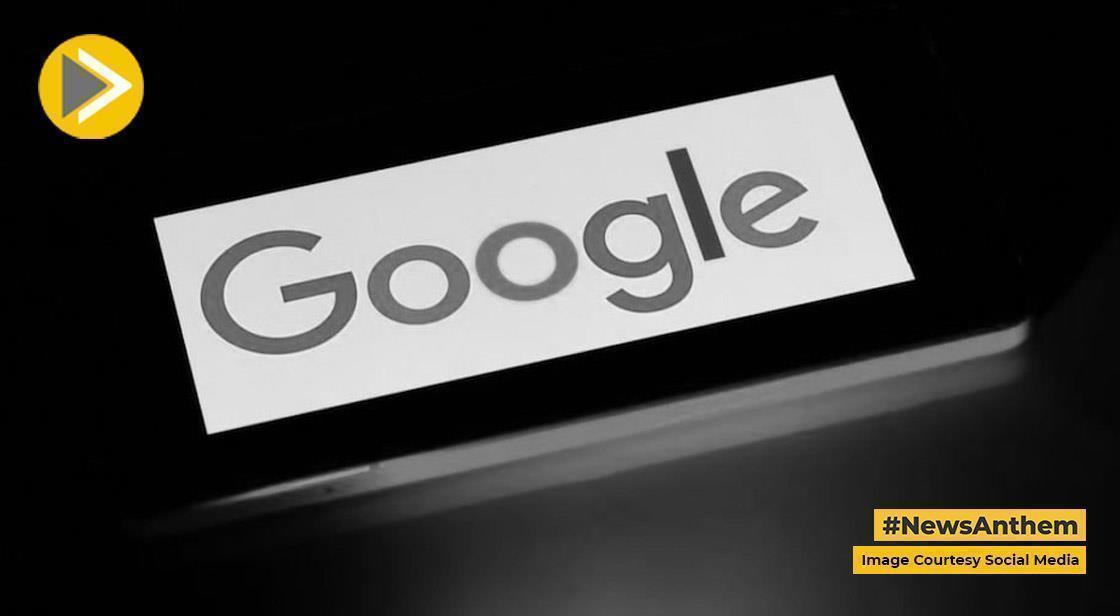Google to Bring Gemini AI to Smartwatches, Headphones, and Cars in 2025

News Synopsis
Google is gearing up to roll out its next-gen Gemini AI assistant across a broad range of devices in 2025. During the Q1 2025 earnings call, Google CEO Sundar Pichai confirmed that Gemini will extend beyond smartphones to smartwatches, headphones, tablets, and vehicles running Android Auto.
Pichai stated, “We’re upgrading Google Assistant on mobile devices to Gemini, and later this year we’ll upgrade tablets, cars, and devices that connect to your phone, such as headphones and watches.” This marks a significant move in Google's ambition to unify its AI experience across platforms.
Rollout Timeline and Google I/O 2025 Expectations
While Google hasn’t shared a precise rollout timeline, the company is expected to reveal more details at its annual developer event, Google I/O 2025, scheduled for next month. The conference could offer a deeper look into how Gemini AI will operate on new device categories and how it compares to its predecessor, Google Assistant.
Reports leading up to this announcement have already hinted that Google plans to gradually phase out the legacy Assistant in favor of Gemini, integrating the new AI model deeply into Android-based ecosystems.
Gemini AI Features on Smartwatches and Wearables
Clues about Gemini's wearable integration emerged earlier this year when Android Authority discovered new code in a Wear OS update. The update suggested that smartwatches may soon feature Gemini with capabilities similar to the traditional Google Assistant but enhanced by AI-driven natural language processing.
Gemini on Wear OS is expected to include wake word functionality, seamless voice interactions, and possibly a feature called "Gemini Live," which may enable real-time conversational responses on the wrist. The upgrade aims to bring smarter, more intuitive AI assistance to wearable tech users.
Headphone Integration and Connected Audio Devices
With headphones being among the devices expected to receive Gemini, users may soon enjoy hands-free, voice-activated interactions that are more responsive and human-like. This would allow for advanced tasks such as composing messages, getting navigation updates, or controlling media playback using conversational prompts while on the go.
These updates would integrate Gemini with devices that connect to phones, ensuring that even without screen-based input, users can harness AI-powered voice assistance.
Gemini for Android Auto: Smarter Cars Ahead
Android Auto is also set to get a boost from Gemini AI. Recent Android Auto updates featured the Gemini logo, hinting at imminent integration. While exact features are not confirmed, it is likely that voice controls and contextual suggestions during navigation or media usage will be powered by Gemini.
This evolution could transform in-car digital assistants, making them capable of holding more natural conversations and performing more complex tasks without taking driver attention away from the road.
Cloud vs Local Processing: What Will Power Gemini?
A major question remains: will Gemini process commands via the cloud or locally on the device? Google has not yet clarified how Gemini will function across ecosystem devices, but it’s plausible that lightweight devices like watches and headphones will depend on a connected phone for processing, while tablets and Android Auto systems might leverage cloud-based AI.
Regardless of the approach, Google's AI-first ecosystem strategy is clear. Gemini aims to unify and elevate the digital assistant experience across form factors, delivering smarter interactions everywhere users go.
Conclusion: A Unified AI Vision for Android Devices
With the upcoming expansion of Gemini AI across smartwatches, headphones, tablets, and cars, Google is positioning itself for a more integrated AI experience throughout the Android ecosystem. By replacing the traditional Assistant with a more advanced, conversational AI model, the tech giant is setting a new standard for intelligent device interactions.
You May Like









